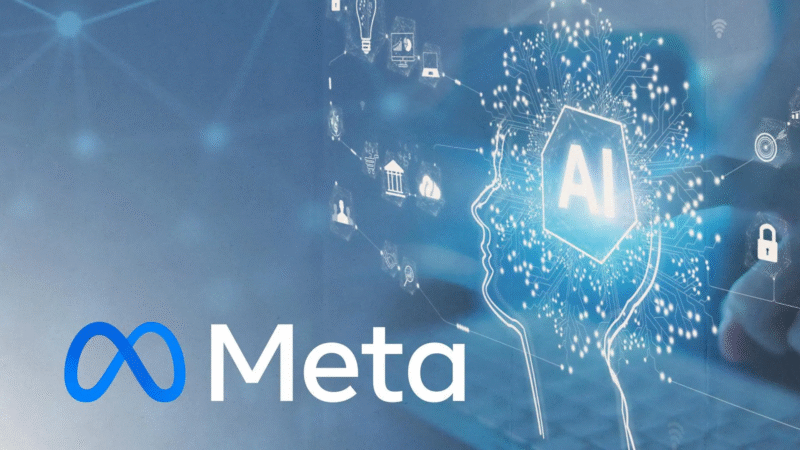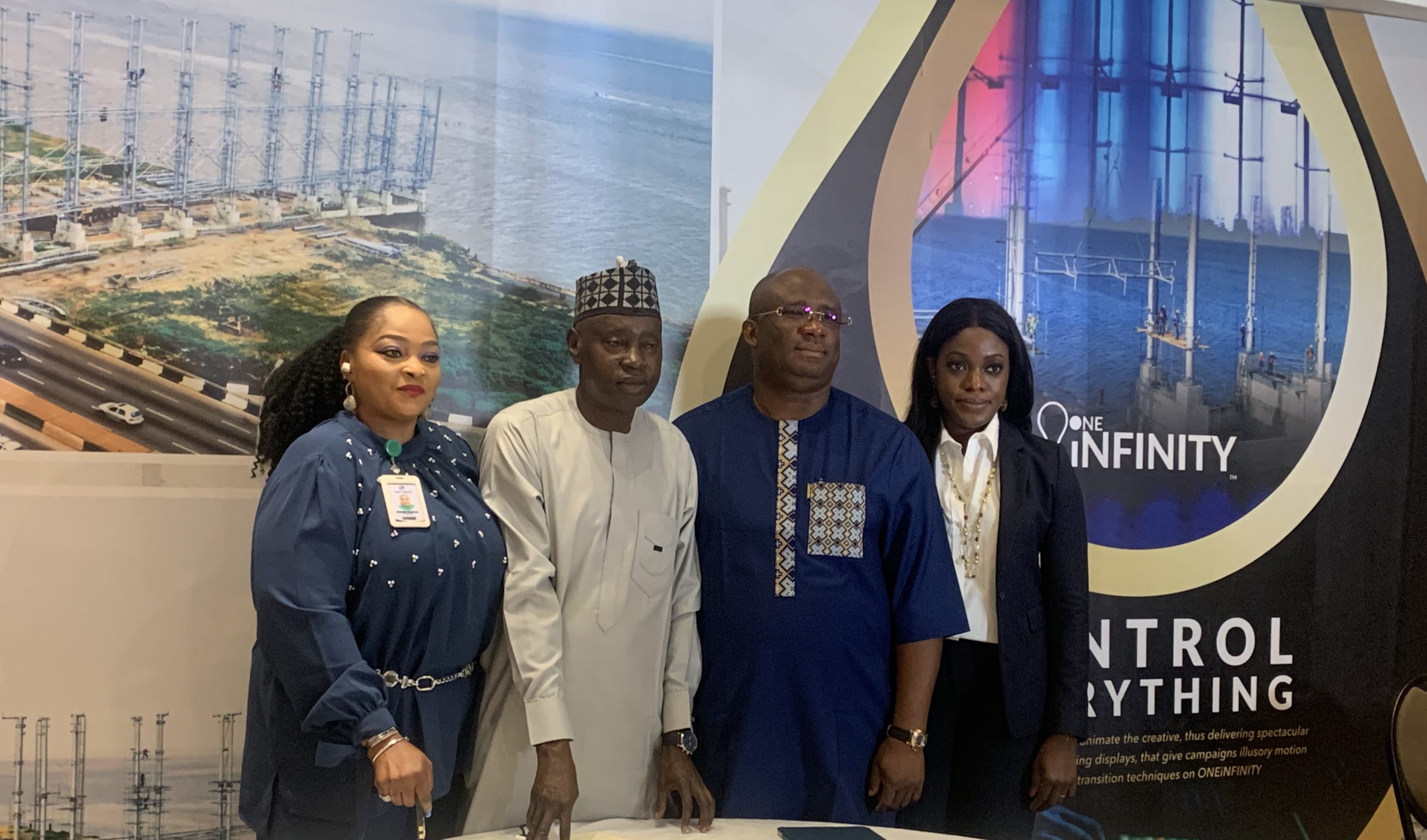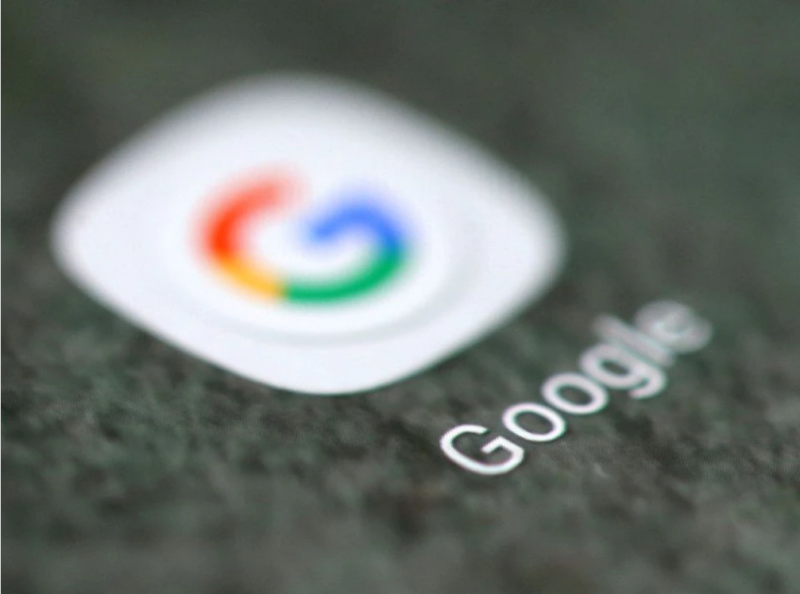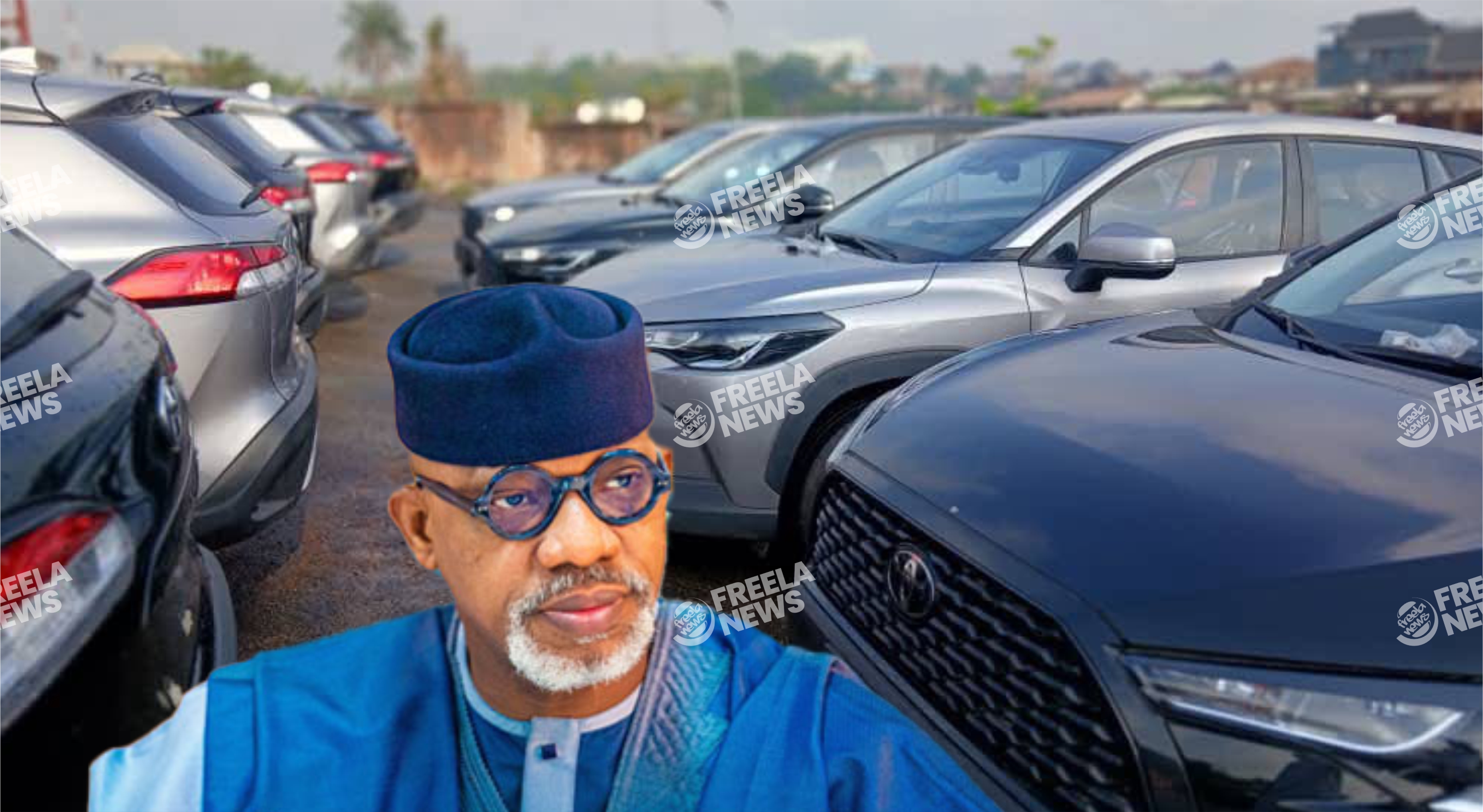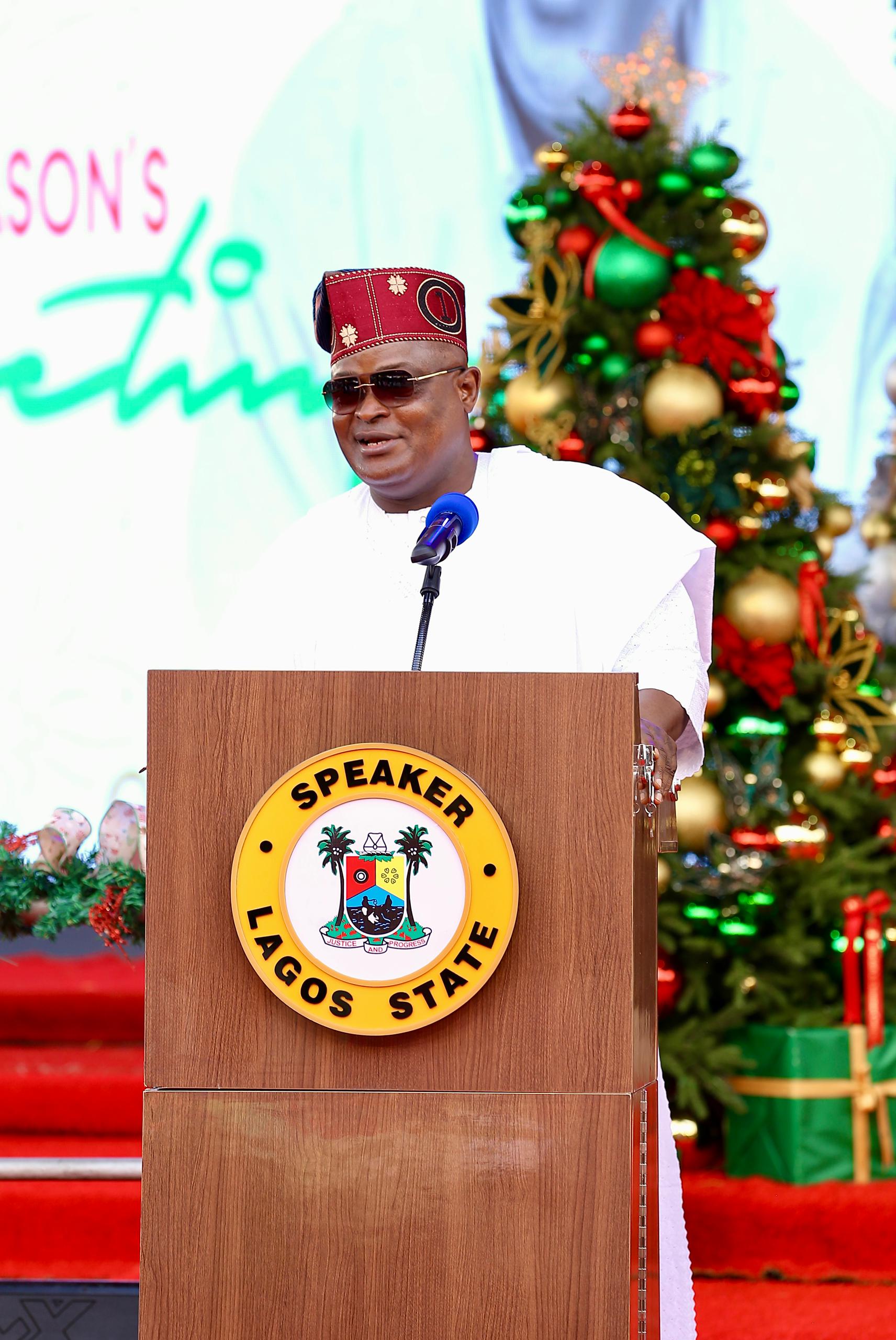Meta aims for full AI automation of ad creation by 2026, allowing brands to generate complete campaigns from a single image and budget, revolutionizing digital advertising despite brand safety concerns
[dropcap]D[/dropcap]igital advertising is on the brink of a major transformation as Meta, the parent company of Facebook and Instagram, sets an ambitious goal: full automation of ad creation using artificial intelligence by 2026.
Also read: ARCON withdraws high-profile lawsuit against Meta Platforms Inc.
This strategic move aims to revolutionize how brands develop and deploy their advertising campaigns across Meta’s vast platforms.
According to a report by Campaign UK, citing insights from the Wall Street Journal, Meta intends to enable brands to generate complete, AI-crafted advertisements by simply providing a product image and a budget.
The AI would then take over, generating all necessary ad elements, including images, video, and text.
Beyond just creative generation, this automation extends to the entire campaign process. The AI is expected to intelligently determine user targeting on both Instagram and Facebook and even provide optimal budget suggestions.
A key element of this plan is also enhanced personalization, powered by AI. Meta aims to allow advertisers to personalize ads in real-time, meaning users could see different versions of the same ad.
This real-time variation could be dynamically adjusted based on factors like geolocation, enabling highly localized and contextually relevant messaging without the need for manual creative work for every specific segment.
This initiative aligns perfectly with Meta CEO Mark Zuckerberg’s strategic emphasis on developing AI products that deliver “measurable results at scale.”
Meta aims to enable brands to generate complete, AI-crafted advertisements by providing just a product image and a budget. The AI would then generate the necessary ad elements, including image, video, and text.
The company’s broader ambition appears to be establishing itself as an AI “one-stop shop” where businesses can define their objectives and allocate budgets, entrusting the platform’s AI to handle the execution and logistics entirely.
Interestingly, other social media firms like Snap, Pinterest, and Reddit are also significantly investing in similar AI capabilities to attract advertisers in what is described as an intensely competitive and crowded digital ad market.
This suggests Meta’s aggressive 2026 timeline may be a strategic move to gain or maintain a significant competitive edge.
However, the path to widespread adoption of fully automated AI ad creation is not without potential hurdles.
Despite powerful image and video generation AI tools already launched by Google and OpenAI, their broad uptake in advertising still faces significant concerns.
These concerns largely center on crucial issues such as brand safety, maintaining creative control, and ensuring overall quality.
For Meta’s ambitious vision to become a reality by 2026, the platform will need to effectively address how its AI system will navigate these complex challenges to maintain advertiser trust and ensure high-quality, brand-appropriate outputs at scale.
Ultimately, Meta’s stated goal represents a fundamental redefinition of how advertising campaigns are conceived, created, and managed on its platforms.
It points towards a future where the advertiser’s role may evolve, potentially focusing more on strategic goals and high-level creative direction, while the AI handles the heavy lifting of execution and real-time optimization across countless variations.
Also read: ARCON warns against unethical Ads on Meta platforms
The implications for creative agencies, in-house marketing teams, and the very definition of the creative process in digital advertising will be significant to watch as 2026 approaches.


